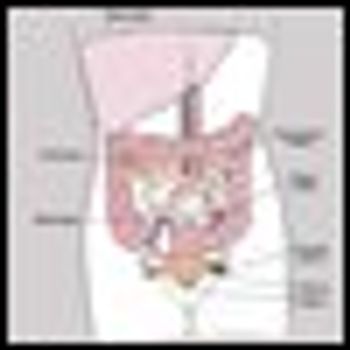
WASHINGTON, DC-The developing world faces “a tsunami of cancer” without massive tobacco control efforts and programs to stanch infection-related tumors, according to the American Cancer Society’s vice president for epidemiology and surveillance research.


